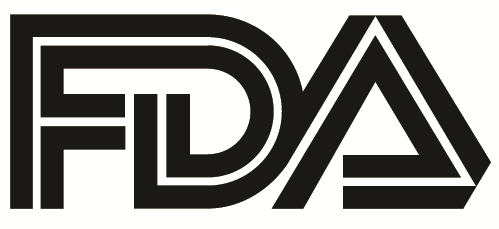Article
FDA Clears Generic Version of Strattera for ADHD Treatment
Author(s):
The U.S. Food and Drug Administration cleared four manufacturers to produce generic versions of Strattera (atomoxetine) for ADHD.

The U.S. Food and Drug Administration cleared four manufacturers to produce generic versions of Strattera (atomoxetine) for the treatment of attention-deficit/hyperactivity disorder (ADHD) in adults and children on Tuesday.
Aurobindo Pharma Limited, Apotex Inc., Teva Pharmaceuticals USA Inc. and Aurobindo Pharma Limited received approval to make and market the drug in various dosages.
Clinical trials of atomoxetine in children and adolescents have shown some common adverse events, according to the FDA, including upset stomach, nausea or vomiting, dizziness, decreased appetite, tiredness and mood swings. In adult clinical trials, the most common adverse events included constipation, nausea, dry mouth, decreased appetite, sexual side effects, problems passing urine and dizziness, the FDA said.
The medication also carries a boxed warning, highlighting increased risk of suicidal thoughts in children and adolescents. The FDA notes in its news release that physicians should monitor patients on this medication for worsening condition, thoughts of suicide and behavioral changes — especially early during treatment or at times of dosage.
A February analysis of the drug by its original manufacturer, Eli Lilly, determined that atomoxetine was effective in treating ADHD in patients with comorbid psychiatric conditions. The same review also determined that the drug had no negative impact on those conditions.
Reviewers in the February analysis determined that 52% of children and adolescents and 87% of adults with ADHD also have other psychiatric disorders. They looked at 50 studies of atomoxetine treatment of ADHD in subjects with one comorbid disorder, 37 involving children and adolescents, and 13 in adults. The two child and adolescent studies showed improvement in ADHD symptoms with no adverse effects on comorbidities. The adult studies either showed no effect on comorbidities or some improvement in anxiety symptoms.
Also in February, a comprehensive meta-analysis of atomoxetine revealed that the drug was superior to comparators overall in controlled studies and comparable to active medication controls in improving parent-rated core symptoms of ADHD. This meta-analysis included 42 studies published between 2001 and 2014, involving 8,398 children with ADHD, ranging from 5 to 18 years.
Researchers concluded that atomoxetine was comparable to other psychostimulants in terms of its effectiveness, safety and tolerability. The meta-analysis also confirmed it is a viable treatment option, they said.
MD Magazine writer Kenneth Bender contributed to this report.





